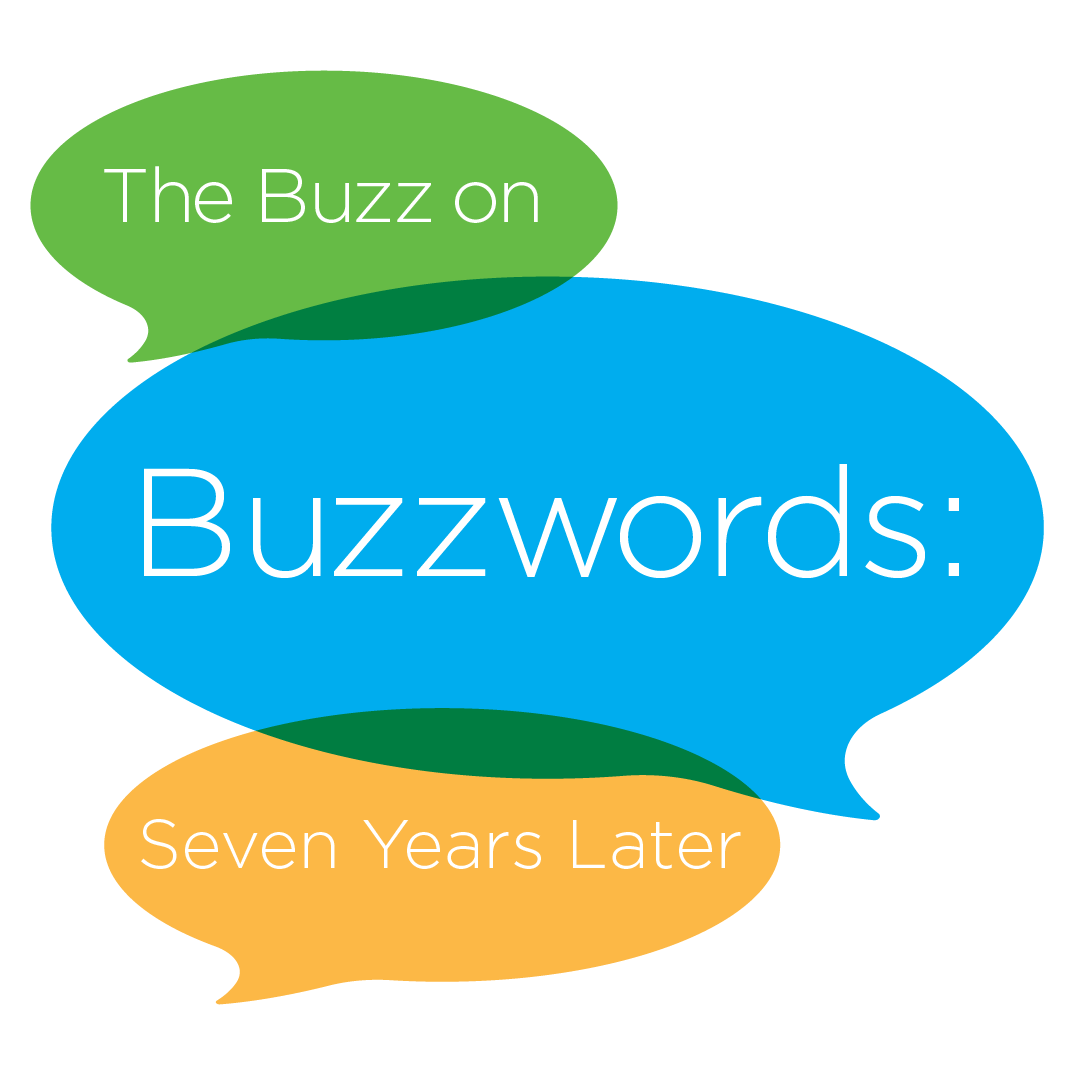Pride, in the Name of Love
Shelton Stat of the Week
64% of people in America say a company’s involvement in social issues or its nonprofit partnerships has a moderate to very strong impact on their purchase intent.
— Eco Pulse®, 2022
Target is on its heels with ire from both the right and the left for displaying, then yanking, its Pride merchandise (after 10 years of having it on the shelves). Bud Light is still seeing a significant sales drop over their decision to partner with a trans influencer. And the far right social media crowd apparently just got the memo that Chick-fil-A, like most companies, has a VP of DEI and has now accused the brand of being “woke,” calling for boycotts.
So … as a marketer who has spent the last 17 years of my career entirely focused on helping large companies tell their people and planet stories, I can tell you that our 2022 Eco Pulse data bears out what we saw in our 2019 Brands & Stands report: that 2/3 of people in America expect brands to take stands, and stances on social issues influence their purchase decisions. I could point you to the analysis in our 2020 Good Company report about Nike’s support of Colin Kaepernick and why that was a smart, calculated move for a brand who clearly knows its target audience and isn’t afraid to turn some people off in favor of turning on even more. In that same report, I can point you to our commentary on Chick-fil-A, in fact, as another brand willing to stand for its values and purpose, even if it costs them sales and customers.
That was before employees of brands like those mentioned above started receiving death threats.
No employee of any company should fear for their life just because of where they work or the position they hold within the company. And, frankly, nobody should spend their life terrified, bearing the brunt of rage and verbal abuse (including death threats) because of who they are and how they were born.
I know a little something about this.
I’m a member of the LGBTQ community. After nearly 40 years of knowing I was a part of this group, I’m still not entirely comfortable writing those words. Not because I’m ashamed of who I am any more — my people have leaned into the word “pride” for a reason — but because the words “member” and “community” imply some sort of intention or sense of belonging that I’ve never felt. When I was a teenager and realized something was “wrong with me” — which is how I had it framed in my head — it was terrifying. I didn’t know a soul I could talk to in a caustic ‘80s world where the word gay was used regularly as a put-down, much the way “woke” is used today. So, I didn’t. If a teacher had said something, anything to me — the kind of thing now being outlawed across the country — it would have been a lifeline for me. Instead, it was an incredibly painful, lonely time that I’m amazed I found my way out of, given the self-loathing and irresponsible behaviors that ensued.
But I did find my way out of it, and as silly as I know it may sound, that had a lot to do with Ellen DeGeneres and Will & Grace. While Ellen certainly saw a lot of blowback and an initial career setback when she came out, she was just so likeable that a lot of people who might have thought they’d never known a gay person accepted her. (This was way back before the recent dust-up about treatment of employees on her production.) Neither the real-life Ellen nor the characters in the show Will & Grace attempted to summarize their experience in simple, stinging words, like whatever the liberal equivalent is of “woke” or “grooming” or “indoctrinating.” There was no rage — instead, there was good humor, likeability and love — all of which began to turn public perception about gay people around. There were also great stories. Will & Grace was the highest rated show on television for five years because even though its characters might not have represented the majority of the population, they were likeable, funny and relatable.
Aren’t these the kinds of words we often use to describe how big corporate brands want to be seen? Isn’t this how companies want to be positioned?
I’m not so naïve as to think we can out-love the haters or calm all the vitriol with some good humor. But my life experience and work experience tell me that we won’t create any kind of positive, sustainable change in the world if we’re all talking past each other with zingers that attempt to boil complicated, human experiences (or environmental science) into one word. If we want to make progress — if brands want to be forces for good in the world — we need to do good things and tell those stories. And the stories need to actually be stories, not just reports or aspirational statements. We’re going for engaging, warm, funny, heartfelt — human emotions that create human connections. And, again, the story needs to be about what’s been done, not just what a company believes in or aspires to do.
Engaging, authentic storytelling about actions taken won’t keep all the rage at bay, so be prepared and be smart — ensure that your actions align with what your purpose is, what your brand is about, and what your core consumer cares about. And then stand strong. In the end, the vast majority of us want to live in a world where angry put-downs are the exception and love and kindness are the norm. Your company’s actions, and your brand’s stories, can create that future for all of us.

Conservatives think Chick-fil-A is woke now?
— Vox
What started as a backlash against corporate Pride campaigns has shifted to include DE&I policies. This Vox article covers how Chick-fil-A now faces boycotts for corporate policies that have been in place for years and are relatively standard across the corporate world.

Fox News Slammed for Celebrating Pride Month—‘Woke Bandwagon’
— Newsweek
With more conservative-led boycotts coming every day, there doesn’t seem to be any company that is safe from the “woke” backlash. This Newsweek article discusses the backlash Fox News is facing after discussing its “America Together, Celebrating Diversity” initiative.
Buzz On Buzzwords
Find out what Americans think about sustainability, what different “green” words mean to them and how they interpret and respond to the jargon you may be using.


-
-
-
-
-
-
-
-
-
-
-
-
-
-
-
-
TAGS:Corporate Sustainability, Energy & Environmental Marketing